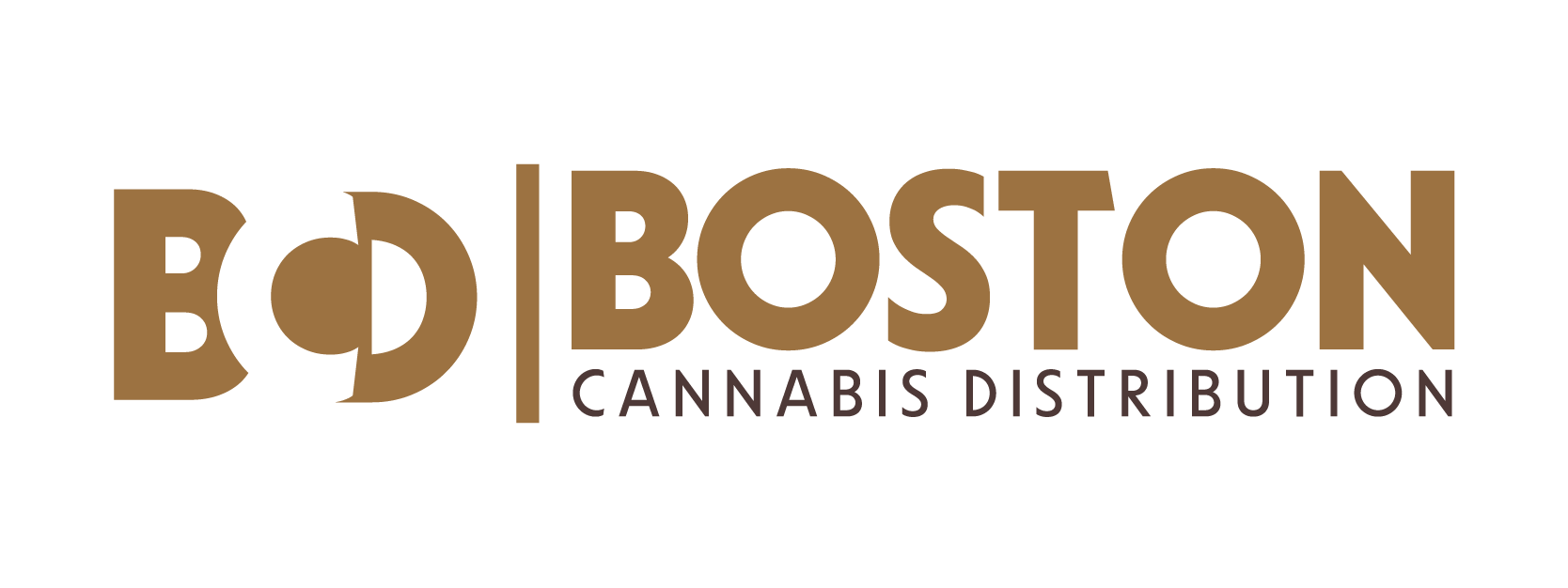In Boston, cannabis distribution companies operate under a complex regulatory framework involving state licensing, local zoning, equity requirements, and strict security controls. Overseeing these operations are both the Massachusetts Cannabis Control Commission (CCC) and the Boston Cannabis Board (BCB), each enforcing distinct but complementary rules.
State Licensing and Oversight
Under Chapter 94G of Massachusetts law, the CCC is responsible for issuing licenses to Marijuana Establishments—including cultivators, product manufacturers, and retailers—and setting statewide operational standards. Cannabis distributors must obtain the appropriate CCC license, comply with 935 CMR 500.000 (adult use) or 935 CMR 501.000 (medical use), and adhere to strict protocols for inventory tracking, testing, packaging, and labeling.
All distribution activities, including secure transport between facilities, must follow CCC guidelines for armored vehicles, GPS tracking, sealed containers, and record-keeping to prevent diversion and ensure traceability from “seed to sale.” Distribution companies are also subject to annual license renewal and random inspections by the CCC.
Local Zoning and Boston Cannabis Board Approvals
Even with state licensure, cannabis businesses in Boston cannot open until both the BCB and Zoning Board of Appeal grant approval. Boston enforces a half-mile buffer requirement from schools, daycare centers, and youth-serving facilities. Applicants must navigate zoning relief processes, community hearings, and neighborhood engagement steps—adding time, cost, and complexity to siting.
Equity and Social Justice Requirements
Boston’s 2019 Equity Ordinance established the BCB to foster inclusion in the cannabis sector. The BCB evaluates applications with criteria emphasizing racial equity, economic empowerment, and restorative measures for communities disproportionately harmed by prohibition. The CCC simultaneously implements a Social Equity Trust Fund and regulatory working groups to integrate Chapter 180 equity rules.
Delivery & Social Consumption Permits
Statewide regulations allow licensed delivery operators to transport cannabis products directly to consumers—but not via mail—and only within Massachusetts. On-site social consumption (cafés/lounges) remains in pilot/draft stage; final rules are expected by late July 2025. Boston companies participating must secure supplemental licenses from the CCC, in addition to community-level and city approvals.
Taxes, Fees, and Host Agreements
Adult-use cannabis transfers are taxed at 10.75% excise, plus 6.25% state sales tax and up to 3% local option, with revenues partially allocated to public awareness and social equity initiatives. Distribution firms must also enter Community Host Agreements detailing community impact fees, traffic planning, and mitigation, typically renewed every five years.
Security, Compliance & Penalties
State law prohibits transporting cannabis via mail or on public roads without proper licensing. Companies must maintain granular logs of inventory, transportation routes, and employee background checks. Violations—such as diversion, sales to minors, or zone violations—carry stiff CCC and municipal penalties, including suspension, fines, or license revocation.
In Summary
Cannabis distribution in Boston requires navigating layered regulations: state licensure with the CCC, local siting and equity vetting with the BCB, strict security protocols, tax and fee structures, and evolving provisions for delivery and consumption. Compliance officers play a pivotal role in integrating these requirements, ensuring legal operations, and supporting Boston’s equity-oriented cannabis landscape.

